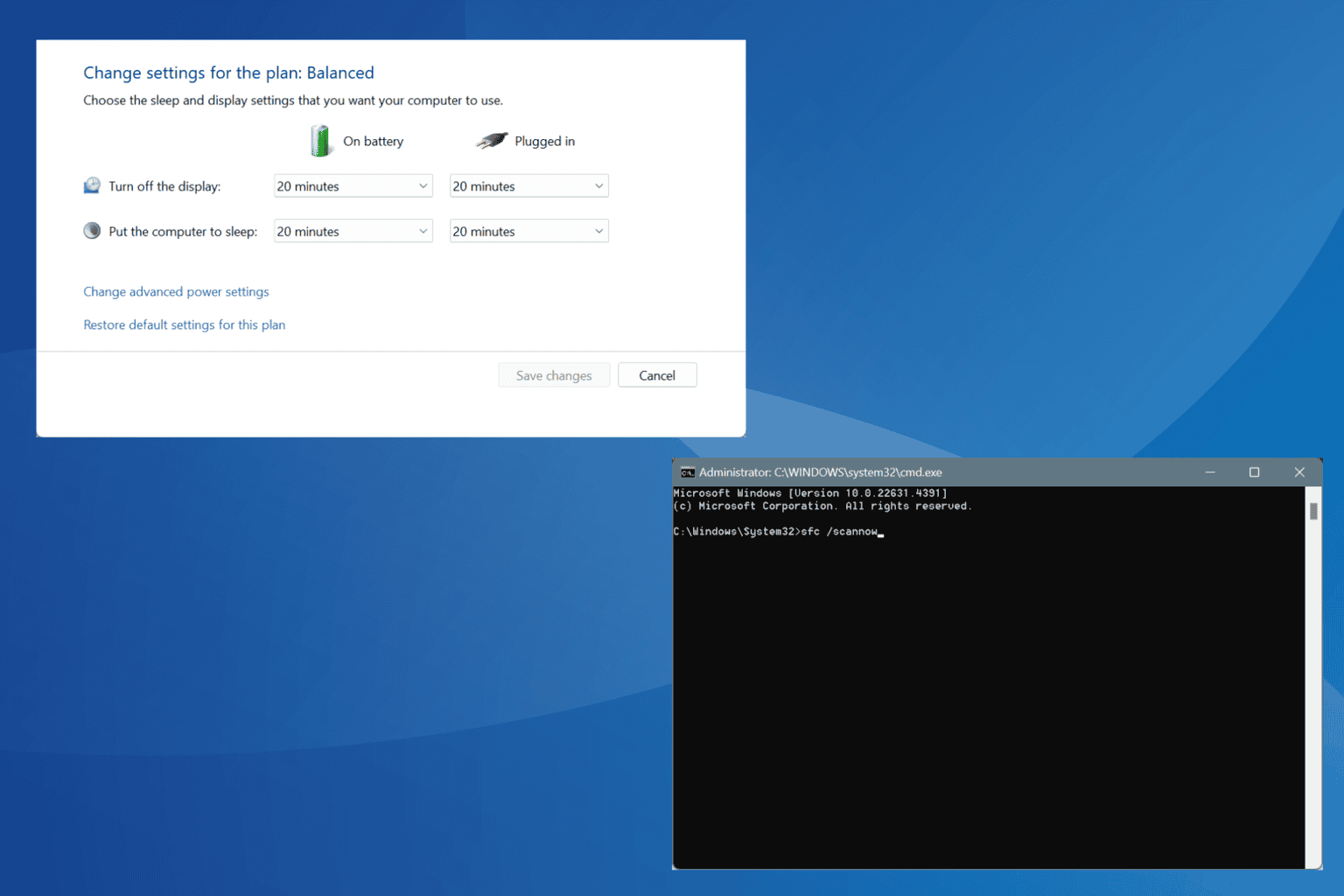Law firm urging Russian government to investigate Windows 10 privacy
2 min. read
Published on
Read our disclosure page to find out how can you help Windows Report sustain the editorial team. Read more

Windows 10 recently has been raising a number of flags for people due to privacy concerns that is leading to more and more paranoia.
Recently, we reported on Ars Technica’s investigation of Windows 10 sending data even when information sharing options are turned off. This was related to data being sent from Bing to Microsoft for the purpose of providing new features and contained no query or search usage data being sent to Microsoft.
Also just over this last weekend, Ron reported that torrent trackers are banning Windows 10 from their P2P networks. The concerns originated from a reading of the Microsoft Services Agreement which allows the company to download software updates and configuration changes that might prevent people from playing counterfeit games. However, the Microsoft Services Agreement is related to Xbox Live and Windows Stores content and is distinct and separate from the Windows 10 EULA.
Now, Windows 10 privacy concerns are being brought to the attention of the Russian Federal government. The Moscow Times is reporting, via Neowin, that a law firm in Moscow filed a complaint with the Russia’s Prosecutor General’s Office over privacy concerns with Windows 10.
The Moscow Times states that the law firm is alleging Windows 10:
…illicitly collects users’ browser history, passwords, location, elements of electronic messages, calendar records and even voice recordings. According to the lawyers, this could breach Russia’s privacy laws, including the law on legal practice.
Microsoft denied the allegations, with a spokesperson issuing the statement:
“The new operating system offers users the choice of how they want it to handle their data and users can change the settings at any point.”
The Russian Association for Electronic Communications, a non-governmental industry group, also issued a statement that Windows 10 has “flexible settings and therefore does not breach Russian law.”
Privacy and transparency are continuing to be important issues surrounding Windows 10’s new Windows as a Service model with automatic updates. The challenge for Microsoft will be to respond in a clear manner to these growing concerns.








User forum
0 messages